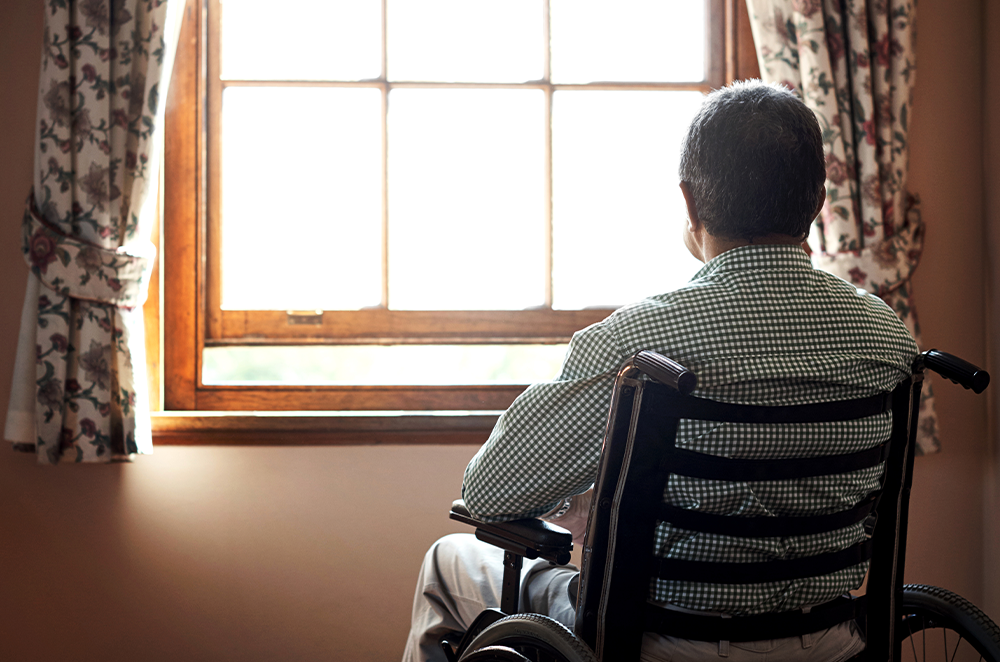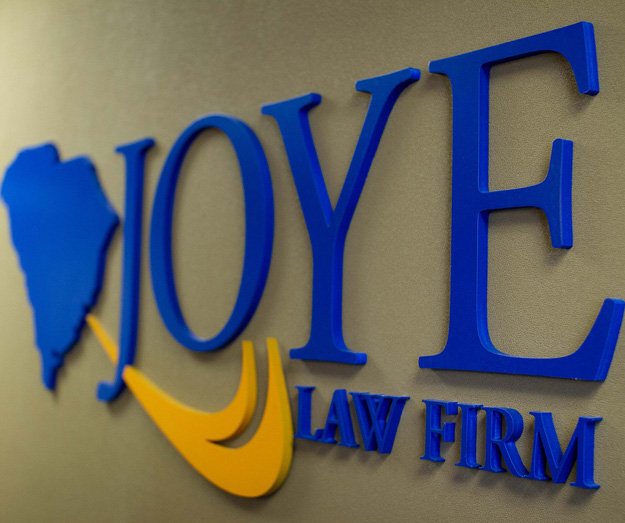
Sadly, a significant number of nursing home residents will suffer neglect and abuse during their stay in a nursing home facility. The World Health Organization says about 17% of those 60 and older have experienced abuse in a communal setting. 66% of nursing home and long-term care facility staff have reported committing abuse in the past year.
South Carolina’s long-term care ombudsman program investigates more than 8,000 complaints on behalf of long-term care residents in the state. With more than 43,678 beds in these facilities, there are likely many more unreported cases of neglect or abuse.
Nursing homes often cover up abuse and neglect cases to protect their reputation and jobs or to avoid legal issues from government agencies or concerned family members. Read on to discover the most common ways nursing homes cover up abuse and neglect and how the attorneys at Joye Law Firm can help you hold the negligent parties accountable.
How Nursing Homes Cover Up Abuse and Neglect
Abuse appears in many forms, including physical, emotional, sexual, and financial, as well as abandonment and neglect. Nursing homes cover up neglect and abuse to protect their reputations and avoid fines or litigation. Individual workers may cover up abuse to avoid losing their job.
These negligent staff, administrators, or physicians may cover up their mistreatment of residents with the following actions:
Reporting Falsehoods
This can include not reporting abuse or neglect to the family when it’s discovered and lying about how the injury happened. For example, a staff member might say a resident fell when in actuality a staff member pushed them.
The facility can also lie by telling the family or staff members that the abuse has been reported to state agencies when it hasn’t or there is no intention to report it.
Claiming Ignorance
A caregiver or the facility can claim they don’t know how an injury occurred or even that it did at all. They might blame the neglect or abuse on the victim, saying they are often uncooperative or hard to manage, so injuries that occur are the victim’s fault.
This situation typically happens in large care facilities with overlapping caregivers where it’s hard to pinpoint which caregiver is guilty of the abuse or neglect.
Falsifying Records
Falsifying records or patient charts can help hide the injuries that might be present on a resident. Sometimes, nursing homes delete reports that caregivers or family members have filed.
With no record of the abuse, the necessary agencies don’t have appropriate documentation to remove the victim or caregiver from the facility or hold facilities accountable for systemic abuse or neglect.
Hiding Evidence
Cleaning away evidence of abuse before it can be documented is a way for nursing homes to prevent accusations of abuse or neglect from other staff, state inspectors, and family members. If there is no evidence, it’s less likely that people will notice.
Examples might be hiding bruises or injuries with clothing or makeup, overmedicating victims so they don’t appear to be in pain, or rehearsing stories to cover up the actual events if an outside agency questions them.
What to Look for When Visiting Your Family in a Nursing Home
The signs of abuse in family members living at a nursing home are not always obvious or outwardly visible. Some symptoms may go unnoticed during visits or be explained away by care staff. However, you can look out for the following when visiting your elderly family member to ensure they are not being mistreated or abused.
Signs of mistreatment include:
- Caregiver’s refusal to allow visitors
- Unexplained bruises, scars, or burns
- Bedsores
- Change in banking or spending patterns
- Sudden change in behavior, such as apologizing constantly
- Unusual behavior such as rocking, biting, or sucking
- Appears dirty, dehydrated, or underfed
- Broken eyeglasses or frames
- Appears under or over-medicated
- Loved one seems depressed, confused, or withdrawn
Meet With a Lawyer at Joye Law Firm if You Suspect Abuse or Neglect
It’s crucial to get legal help as soon as you suspect abuse or neglect of your family member. An attorney with Joye Law Firm can help. An attorney can help you collect evidence before a nursing home hides it and investigate possible cover ups within the institution. Your attorney will also work to help you prove your loved one’s neglect or abuse claim and seek compensation to hold the guilty parties accountable.
Contact the South Carolina nursing home abuse lawyers at Joye Law Firm to schedule a free initial consultation. We are ready to answer any questions you may have about nursing home abuse claims and help you determine your next legal steps.


































